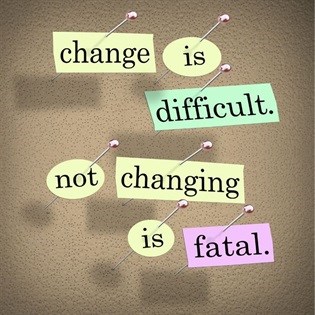
Top stories

Marketing & MediaAds are coming to AI. Does that really have to be such a bad thing?
Ilayaraja Subramanian 2 hours





More news










ESG & Sustainability
Crisis for Deaf South Africans as video relay service provider faces closure






Speaking at the HR Indaba Africa in Johannesburg last week, Bosman said that the HR model has not changed in decades. Many HR departments in South Africa are heavily centralised and focus on meeting the needs of static workforces organised around particular skills and functions. They have focused mostly on process, rules, efficiency and structure rather than on organisational outcomes.
Now, however, the rising complexity of the business environment – in terms of regulation, technology, customer expectations, competition and more – and a changing workforce, demand that HR departments evolve into proactive, service-driven partners to the business. “HR is involved in nearly everything in the organisation and should thus be at the forefront of driving strategic change,” said Bosman.
Bosman said that a changing social landscape and digital technology have enabled organisations to adopt more agile organisational structures. However, businesses are not shifting away fast enough from rigid hierarchies towards more fluid structures based around projects and customer outcomes.

There is a need for greater focus on learning, innovation and customer impact, as well as on harnessing data for decision-making and digital tools for enhanced collaboration. Many HR structures have not kept pace with this requirement. “HR structures must become more closely aligned with the business strategy, impact of the macro environment on businesses and they must become more proactive in driving organisational change,” said Bosman.
Bosman said that the future HR function should focus on three key areas to maximise its impact on business outcomes:
Bosman added: “South African organisations face a range of challenges – from declined workforce productivity growth to the impact of new technologies on customers and the workforce, to the need to enhance collaboration and innovation.
“This demands that HR functions, which have been absorbed by challenges such as employment, labour relations and labour law in recent years, now focus on how they can help the organisation build a tech-augmented, innovative workforce. HR, much like the rest of the organisation, needs to become more flexible, innovative and entrepreneurial in how it operates.”
Said Debbie Tim (Moyce), Regional Director: People Business Partners at Sage: “HR today needs to refocus on the elements of the function that add the most value to the organisation: employee engagement, talent acquisition and retention, development and performance optimisation. Aligning these elements to the strategic objectives of the organisation is more critical than ever. Organisations that put a robust, relevant (modern) human resource management system in place will not only free up time to focus on adding value, but also benefit from access to real-time data they need to drive better business decisions.”